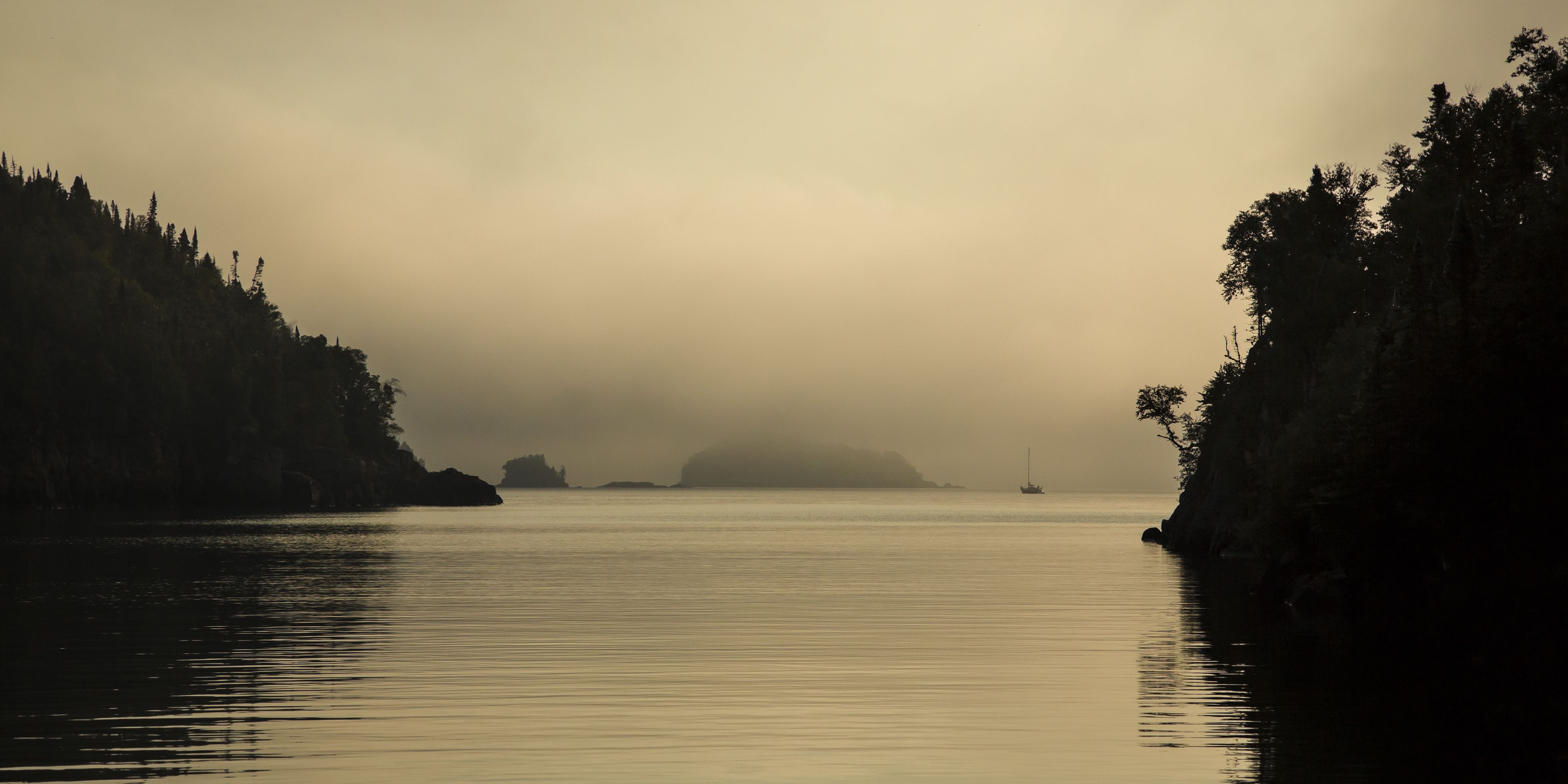Hosting Regeneration
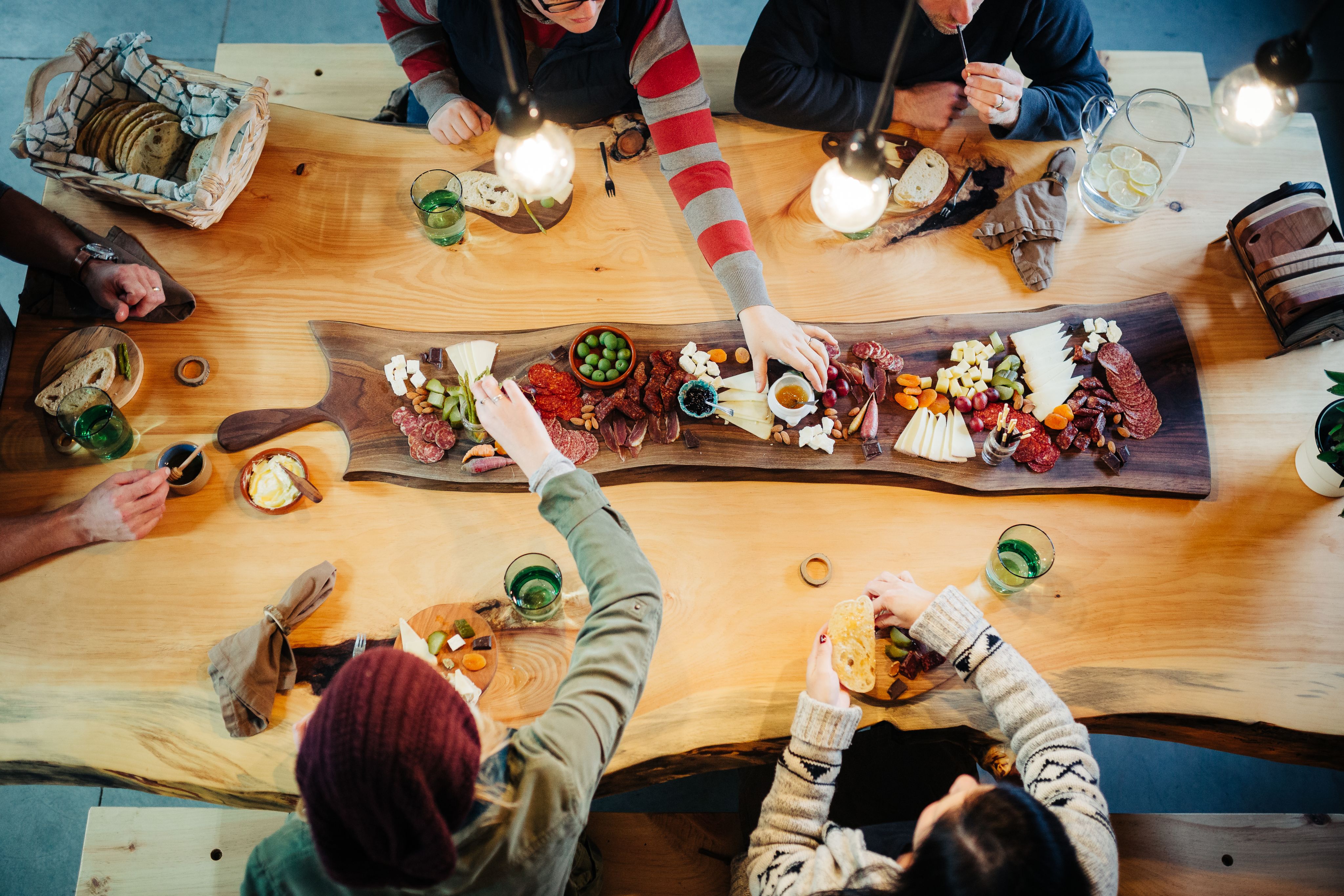
Why just 'growing local tourism' isn't the answer to a more regenerative travel future.
Travel is fraught with contradictions at this stage in the human story.
We all feel its call of delight, connection and renewal. To host and be hosted is perhaps core to what it is to be human and alive. And yet, there is a growing awareness that there are often harms associated with our travel, as ever more tourists churn through the ever more fragile communities and ecologies of the Earth.
In response, there is a growing conversation in Canada and elsewhere about how tourism can be "regenerative," a word that is synonymous with healing. Our bodies regenerate themselves continuously. Only something that is alive is capable of healing and regeneration.
In the case of regenerative tourism, what needs to be healed, or regenerated, is people and place.
It is us, within our communities, with their growing epidemics of loneliness, stress and social division. And it is the broader ecosystems we are part of, with countless threats to our very life support systems.
With this recognition, it becomes clear that it is not the responsibility, or even the possibility, of the tourist to heal us.
Why just 'growing local tourism' isn't the answer to a more regenerative travel future.
Travel is fraught with contradictions at this stage in the human story.
We all feel its call of delight, connection and renewal. To host and be hosted is perhaps core to what it is to be human and alive. And yet, there is a growing awareness that there are often harms associated with our travel, as ever more tourists churn through the ever more fragile communities and ecologies of the Earth.
In response, there is a growing conversation in Canada and elsewhere about how tourism can be "regenerative," a word that is synonymous with healing. Our bodies regenerate themselves continuously. Only something that is alive is capable of healing and regeneration.
In the case of regenerative tourism, what needs to be healed, or regenerated, is people and place.
It is us, within our communities, with their growing epidemics of loneliness, stress and social division. And it is the broader ecosystems we are part of, with countless threats to our very life support systems.
With this recognition, it becomes clear that it is not the responsibility, or even the possibility, of the tourist to heal us.
And so I'm hearing a subtle shift away from calls to "grow the local tourism industry" and instead to "connect and cultivate the local hosting community."
More and more, I'm seeing hosts — tourism operators, restaurateurs, hoteliers and ordinary residents — gathering regularly to explore who they are together in this place, at this time in history, imagining what thriving might look like in their community. There is an inspiring quality of care in these conversations, a commitment to each other, to their shared home, and to the potential that they may discover and serve together.
For these communities, the reward is new levels of collaboration and cohesion, and a steady stream of creative offerings. It is a new, more compelling invitation to visitors, on the community's own terms. And it is an increased capacity to address complex challenges together, now and in the future.
For travellers, the result is a visitor experience that is more multi-layered, meaningful and nourishing. And if we're honest, the ultimate promise is the continued possibility of travel.
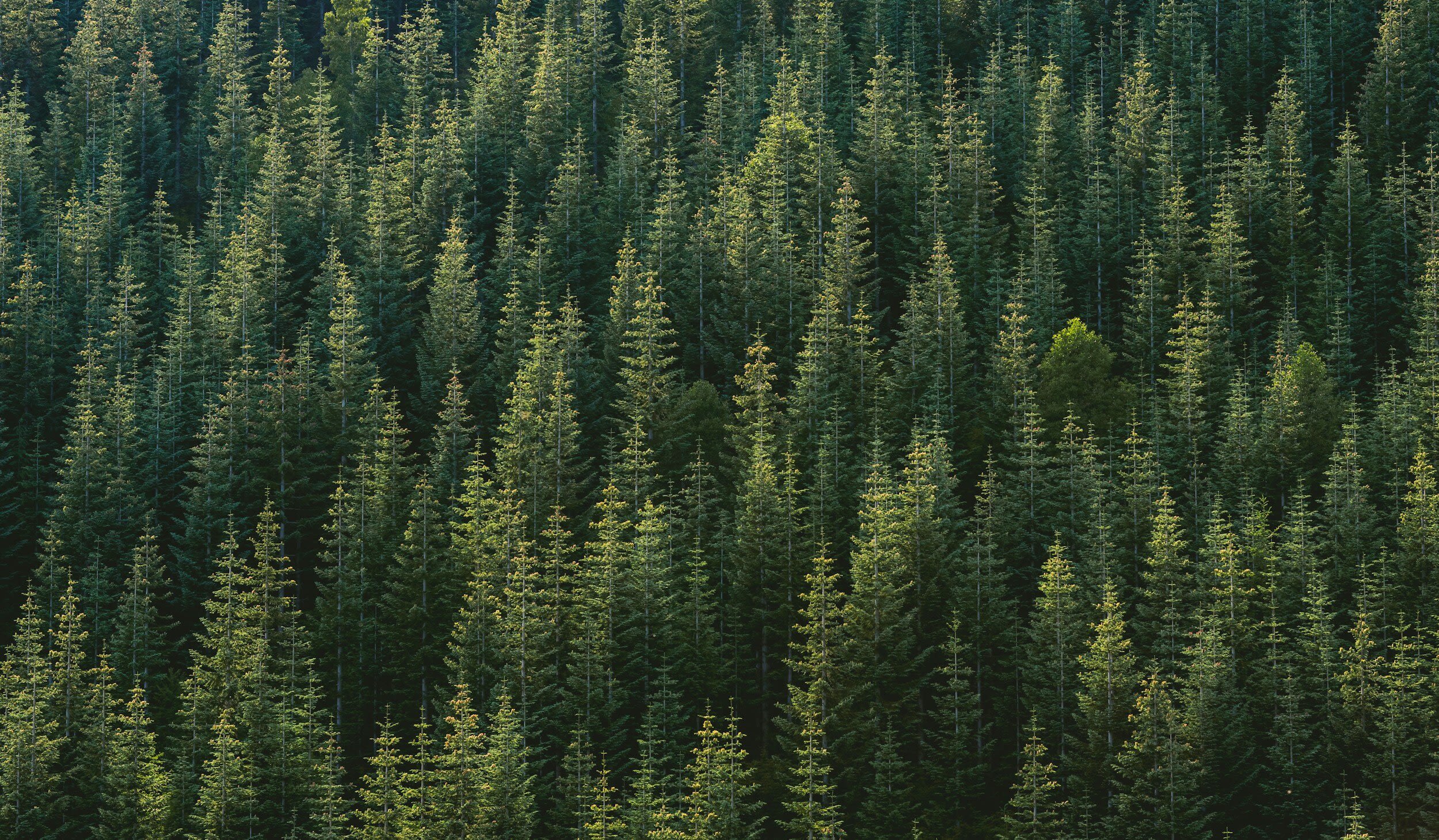
And so I'm hearing a subtle shift away from calls to "grow the local tourism industry" and instead to "connect and cultivate the local hosting community."
More and more, I'm seeing hosts — tourism operators, restaurateurs, hoteliers and ordinary residents — gathering regularly to explore who they are together in this place, at this time in history, imagining what thriving might look like in their community. There is an inspiring quality of care in these conversations, a commitment to each other, to their shared home, and to the potential that they may discover and serve together.
For these communities, the reward is new levels of collaboration and cohesion, and a steady stream of creative offerings. It is a new, more compelling invitation to visitors, on the community's own terms. And it is an increased capacity to address complex challenges together, now and in the future.
For travellers, the result is a visitor experience that is more multi-layered, meaningful and nourishing. And if we're honest, the ultimate promise is the continued possibility of travel.
One of my favourite Canadian champions of such a community-focused approach is Zac Gribble, who heads Destination Stratford, the organization responsible for enticing visitors to the small Ontario town. Counterintuitively, Zac's primary focus is local residents.
"Authenticity and community-embraced experience is what travellers are looking for," he explains. "People are starving for experiences and communities that feel hopeful and authentic. They don't want surface level. And that means the community has to bare its soul."
To that end, Zac's unorthodox approach has been to divert marketing money into what he calls "incubating collaborations."
Whenever there is an idea or a project that his organization could do alone, that is precisely when they'll invite partners. To him, the impact of any one initiative is less important than the foundational work of growing community cohesion and capacity. His consistent question is: "How can we add layers of meaning, joy and capacity building to anything we do?"
The process is what he describes as "a beautiful exploration" and "fertile ground for creativity."
This is how the Lights on Stratford Winter Festival came about in 2020, for example, and how it came to be such a catalyst of community engagement and creative expression ever since. This year, for instance, the festival's centrepiece was a massive interactive installation in the shape of a dandelion seedhead.
In one activity, conceived with the local high school, visitors wrote wishes on Post-It notes and then dozens of students shone their cell phone flashlights into the dark night sky as an overhead drone filmed them flowing out into the side streets in all directions like the seeds of a dandelion blown into the wind, carrying those wishes away.
In another example, local Anishnaabe storyteller and actor Chris Mejaki reached out to let festival organizers know he was going to do a traditional grass dance at the installation. He had been performing in the local theatre festival and wanted to "give back to the community," he said. Would it be ok if we video this? he wrote to the festival organisers. Of course, the answer was yes. In fact, Chris's dance will now be part of next year's opening ceremony.
This kind of generation of new possibilities comes about “by happenstance not by strategic plan,” Zac explains, “unless the strategic plan is to create the conditions for things to emerge.” Indeed, what I have seen in communities around the world is that such a steady stream of creative emergence requires intentional stewardship by people like Zac, and others.
Watch the video below to see how the 2023/2024 Lights On Stratford festival came together:
When this level of local meaning and care is present, word spreads. It is no great surprise that this year’s Lights On Stratford daily average visitor numbers were more than double the previous year’s.
In this way, Stratford’s example is not a story of the local tourism industry as much as it is a story of the local hosting community — a community hosting itself and others. An engaged and activated community makes magic happen.
And with the mounting crises we’re facing, it might just be magic we need.
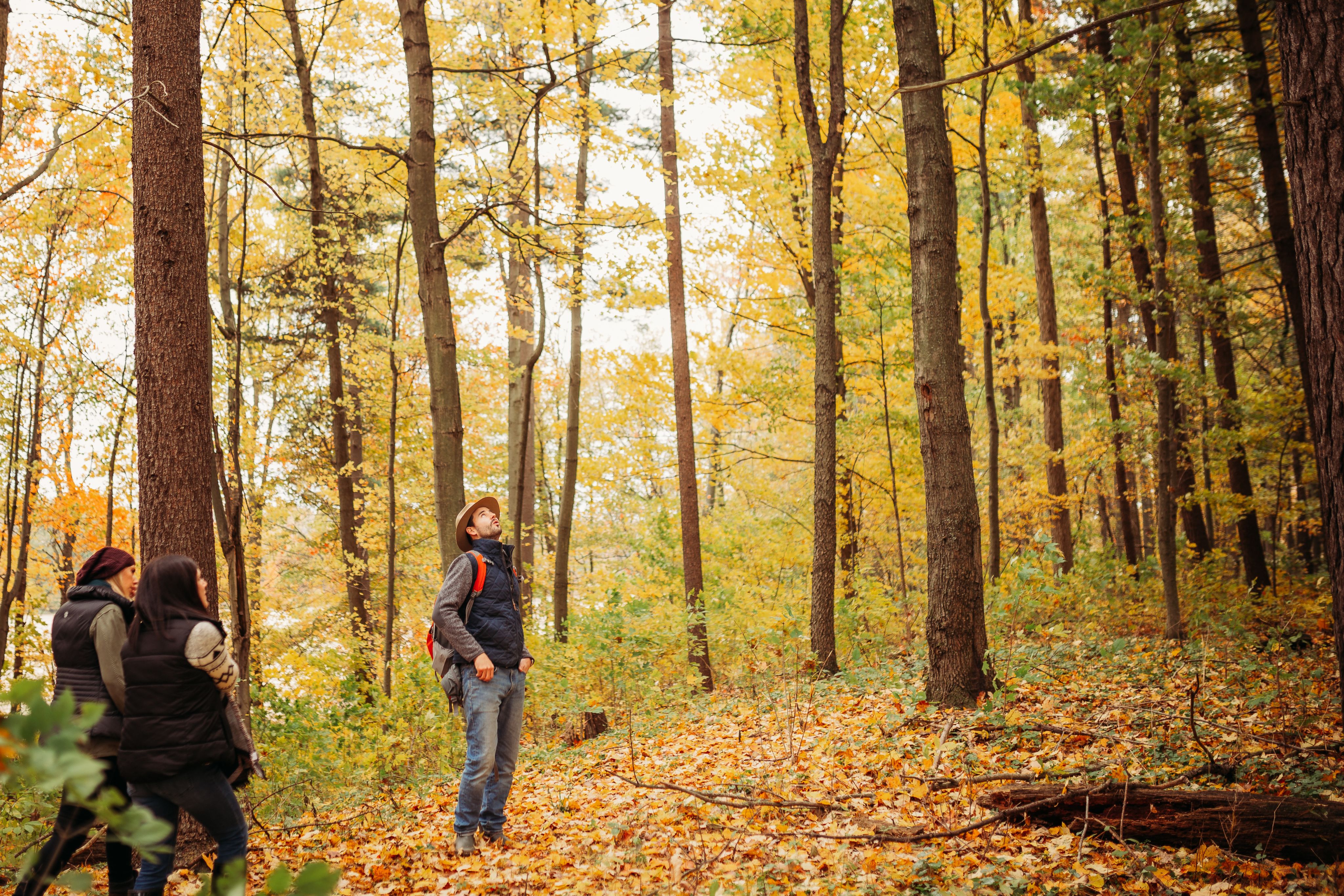
In neighbouring Tillsonburg, Ontario, David Schonberger is tackling some of those crises head on, in an unusual twist to his career.
David is an artisan woodworker, selling handcrafted charcuterie boards and furniture as Ottercreek Woodworks. Until 2018, his business had no apparent connection to tourism. Tired of lonely days in his workshop, he yearned for a deeper, more personal connection with customers and community. And he longed to share his love of the local forest ecosystem.
These yearnings eventually led David to create "From Tree to Table: A Build-Your-Own-Board Experience." And here, once again, we find a story less of tourism and more of local hosting and community.
As guests arrive for the award-winning experience, they find David next to an open fire, inviting them to gather to hear the history and ecological significance of the Canadian Carolinian ecozone.
"If guests are going to use a piece of wood from this place, they should get to know where that wood came from," he explains. It's a moment of storytelling and reflection about their own relationship with trees and forests.
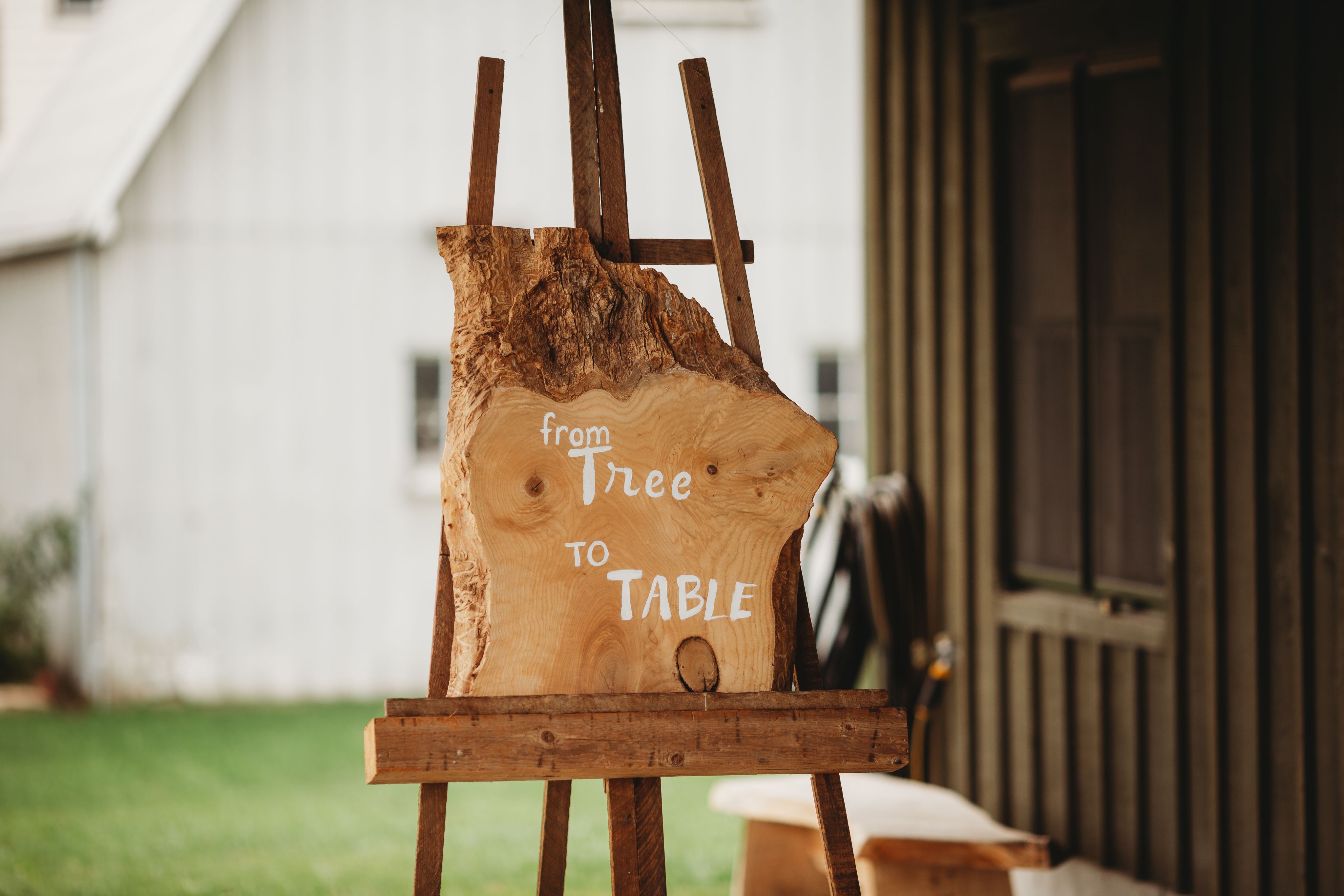
Then they head into the forest, where they touch and smell the soil, discovering the ancient mycelium network, and even pausing to make hot tea from foraged ingredients.
"It really allows us to settle down, get grounded in the forest and get a sense of where we are," he says. "And we can take that appreciation and peacefulness inside us, turn that into creativity and walk into the woodshop inspired by the things we see in the forest."
To make their charcuterie boards, guests choose from lumber that has been harvested within a 40-50 kilometre radius of the woodshop. They use various power tools, but also some vintage tools, including David's grandfather's hand tools.
"The message is: I trust you enough to work with my most personal tools."
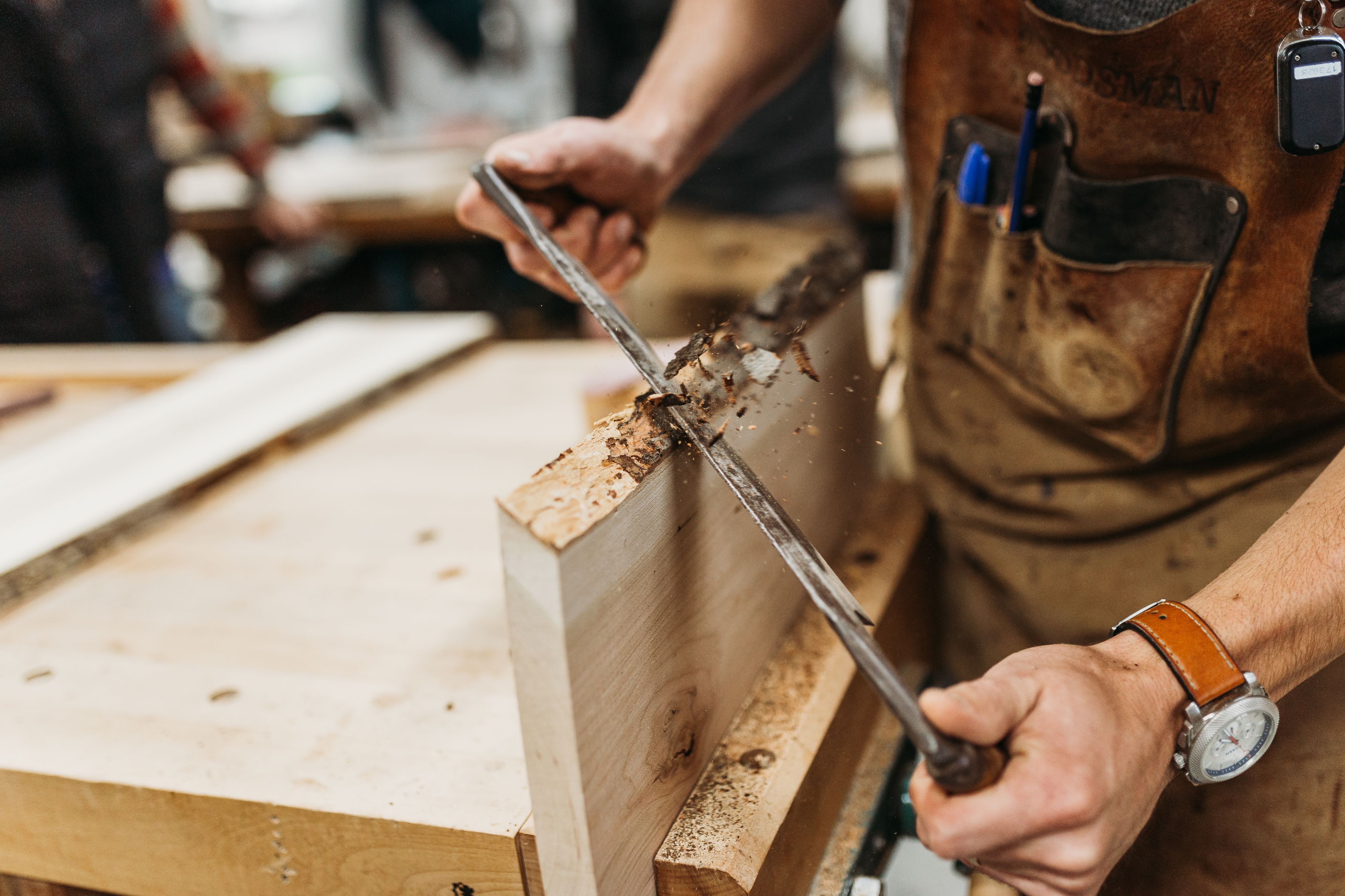
For lunch, the group gathers around a 16-foot white pine table that David made specially for the experience. There, they share conversation and what he calls "the bounty of the county" — farm-to-table artisanal charcuterie, cheese, pickled items and delicacies "full of the stories of this region."
In all, the day is a dance of emotion and surprise. In the morning, people arrive as strangers and by the end of the day, they leave as friends — of each other, of the shop and of the region.
And they have a greater appreciation of their role and responsibility in preserving the forest.

For David, the offering has enabled him to see himself as a storyteller and a facilitator. And it has woven him more deeply into the fabric of his community, leaving loneliness far behind.
For the region and the forest, a portion of each ticket directly funds regeneration of the local ecosystem.
For communities everywhere, the underlying promise of such a regenerative, healing approach is that our hosting and our visiting might become far more human, thoughtful and personalized.
As we work together locally to host visitors from afar, we may also find new openness to hosting our own neighbours in conversation, even when our opinions differ. We may even find that our hosting practice more readily extends to the growing number who come not with money to spend but with a need for refuge and support.
Importantly, we might then feel less need to venture to places that require a carbon-heavy journey. We might discover that the delight, connection and renewal we're looking for can be found close to home.
And what I already see is that, with heightened care, connection and creativity, communities are better equipped to address some of the existential threats we face as a species. We become better able to steward our own collective healing and regeneration.
"If you ask me about the opportunities with regard to the tourism of the future," says Chené Swart, author of Re-authoring the World, "I think that tourism is part of a larger transformation across the world. It is coming back to the connections with one another, coming back to the connection with the earth. Then tourism will become participative citizenship."
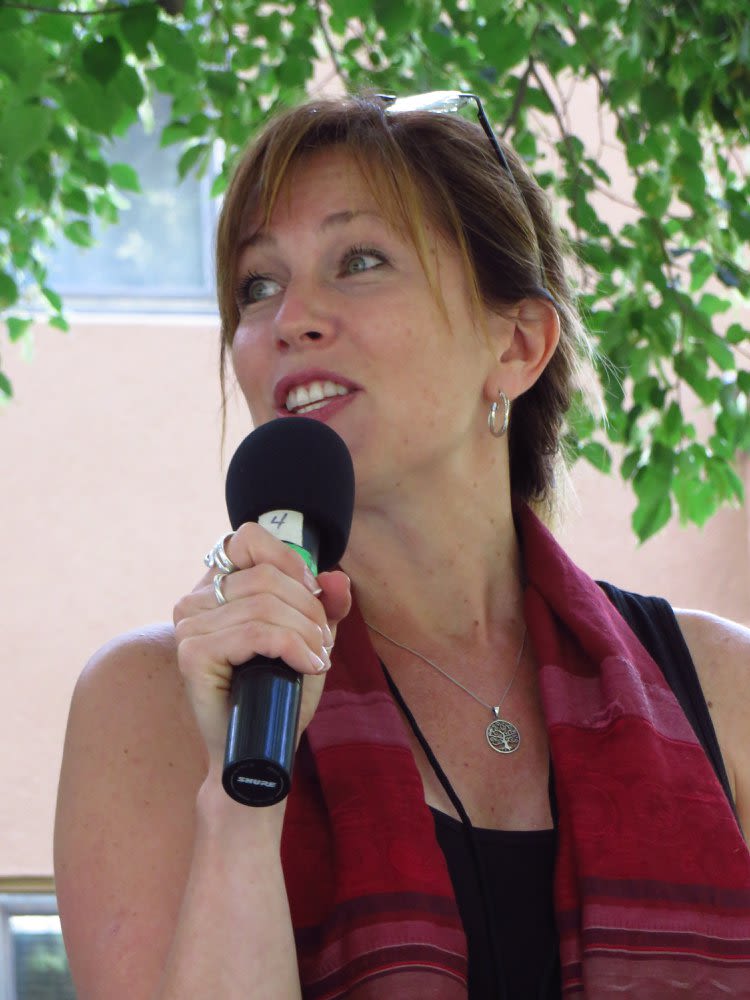
Michelle Holliday
Michelle Holliday is a globally recognised thought leader on regenerative approaches to work and community. As a consultant, facilitator, researcher and writer, her work centres around a view of organisations and communities as dynamic living systems. On this basis, she supports pioneering, purpose-driven clients across a wide range of sectors, including tourism and agriculture, to enable the transition to more regenerative systems and structures.
Michelle’s research, perspectives and practical experience are brought together in the highly acclaimed book, The Age of Thrivability: Vital Perspectives and Practices for a Better World. She frequently delivers keynotes globally, including two popular TEDx talks. And she has written more than 100 articles on themes of thrivability and regeneration. After living in 19 cities, including Moscow, London, Paris, New York and a small tourist town in Scotland, she has called Montréal home for nearly two decades. www.thrivableworld.com
Embrace Canada with Landsby
Landsby creates unique and immersive experiences that not only provide travellers with purposeful and enriching trips but aim to positively impact the communities being explored.
